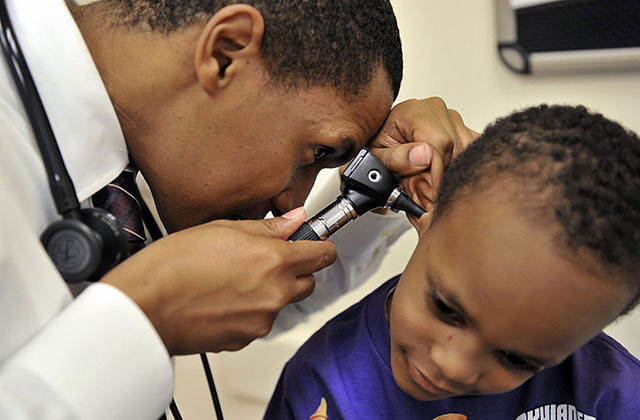As if the rate of COVID-19-related deaths among Black adults wasn’t alarming enough, a new study published by the journal of the American Academy of Pediatrics showed that even among healthy children, the risk of death or complications after surgery for Black children more than three times higher than that of their white peers.
Researchers used retrospective data from a previous study by the National Surgical Quality Improvement Program–Pediatric, that was collected from 2012 to 2017, to identify more than 172,000 children who underwent inpatient operations. They found that compared to white children, Black children’s odds of dying within 30 days after surgery was 3.43 times higher, and 18 percent higher for developing postoperative complications, and that the odds were seven percent higher for “developing serious adverse events,” according to the paper.
“We know that traditionally, African Americans have poorer health outcomes across every age strata you can look at,” Olubukola Nafiu, an anesthesiologist at Nationwide Children’s Hospital in Columbus, Ohio, and the paper’s lead researcher, told the Washington Post. “One of the explanations that’s usually given for that, among many, is that African American patients tend to have higher comorbidities. They tend to be sicker.”
Yet the study—described as “the first used to evaluate the impact of race on postsurgical outcomes in apparently healthy children”—found that the excuses normally given for this health parity (poverty, lack of access to health care, biological predisposition and higher preoperative comorbidity) aren’t necessarily true if the kids were healthy before undergoing surgery. So the researchers want this study to encourage medical professionals to look beyond a person’s race when offering care after surgery.
“We’ve shown that, yes, there are differences by race in outcome,” Nafiu told the Post. “People who are way, way smarter than us have been looking at this problem over the years, and they’ve been finding essentially the same thing. We now need to [apply] our collective brainpower to why this is happening.”
To read the complete study, click here.
